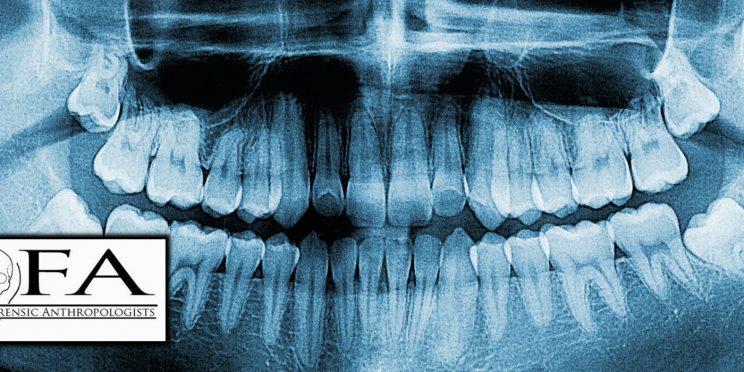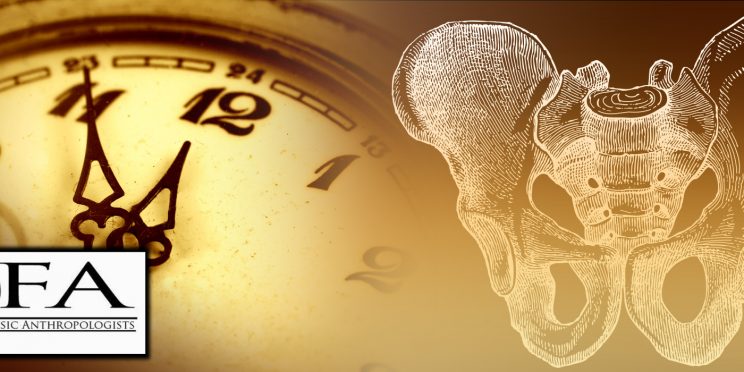Original Release Date: November 20, 2017
In this special release episode, Just Science interviews Dr. Hope Smiley-McDonald and Connor Brooks about the Bureau of Justice Statistics’ Census of Medical Examiners and Coroners.
The last Census of Medical Examiners and Coroners was conducted in 2004 and stands as one of the most important resources for budget makers and policy changers. Since then, the realm of MDI has changed dramatically. With that in mind, BJS and RTI International are working tirelessly to create a useful tool that captures all the nuances of this field. Listen in as our guests discuss the development of the survey, the types of data being collected, and the impact that the survey will have on the MDI community.
Please visit www.bjscmec.org for more information.
This episode of Just Science is funded by the National Institute of Justice’s Forensic Technology Center of Excellence [Award 2016-MU-BX-K110].
The opinions, findings, and conclusions or recommendations expressed in this podcast episode are those of the presenter(s) and do not necessarily reflect those of the U.S. Department of Justice.
Contact us at ForensicCOE@rti.org with any questions and subscribe to our newsletter for notifications.




